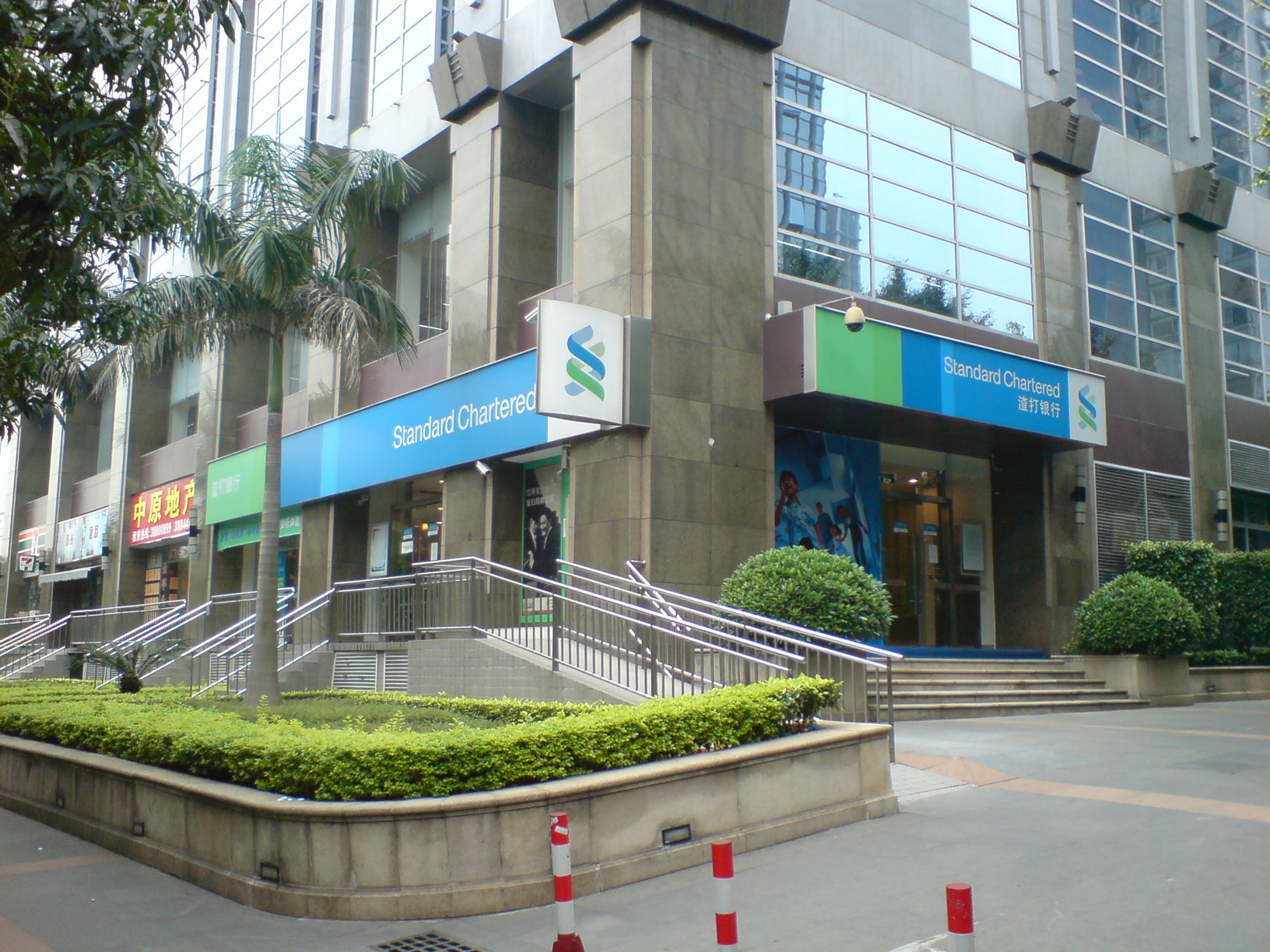Standard Chartered is planning to employ not lesser than 1,000 additional staff to join their already existing members in Nigeria and other parts of Africa in the next couple of years. This entails an increment of more than 10 percent, even as its growth in other places has been sluggish.
This was made known through the Chief Executive Officer of Standard Chartered, Diana Layfield on Tuesday, October 7, 2014 at a briefing in Africa.
When asked the location of the employment of the additional staff members Layfield refused to list precise locations.
However, she noted that Nigeria, Kenya and Ghana among the many countries were seen as three of the most-attractive markets.
“Nigeria has to be close to the top of everybody’s list (for expansion) … it has scale, growth and real dynamism,” she said.
It was learnt that Nigeria has outsmarted South africa as Africa’s biggest economy in 2014 a rebasing of its Gross Domestic Product (GDP).
“Our opportunity in Africa is constrained by the ability to invest at pace, and that’s not just a financial constraint but also a management capacity. So the real challenge is prioritisation,” Layfield said.
It was gathered that it has been ages since Standard Chartered Bank employed 89,000 staff across the globe. It has about 8,100 staff in Africa and has a significant presence in 15 countries of the continent.
Meanwhile, the bank stopped all employment process two years ago as a result the heavy fine they paid for breaching the United States sanctions, big losses in South Korea and a decline in its investment bank.
Standard Chartered, Barclays and Citigroup are known to be the biggest international banks in Africa, but they are facing increasing competition from Asian banks, including Chinese owned.
However, Standard Chartered which is based in London makes almost all its profits in Asia, the Middle East and Africa. It made a profit of $317million in Africa in the first six months of this year on income of $878million, each about 10 per cent of the group. Loans to Africa only account for three per cent of its global total.
It opened a branch in Angola seen as a commodity-rich economy in January and has said it would likely break through Mozambique also in Africa.







